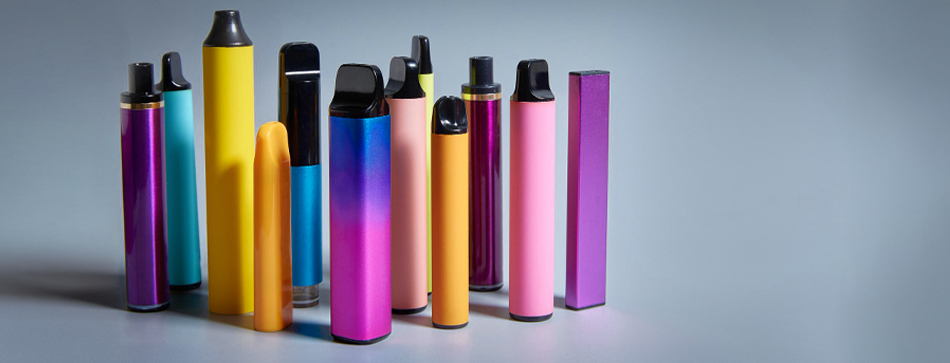Meanwhile experts in the fields of smoking cessation and tobacco harm reduction advocate for the availability of disposable vapes, highlighting their role as a valuable smoking cessation tool for smokers seeking to quit. Disposables offer a cheaper, user-friendly, and accessible alternative to traditional cigarettes, making them especially appealing to those trying vaping for the first time. Their simplicity—requiring no refilling, charging, or technical knowledge—removes barriers that often discourage smokers from switching to safer nicotine alternatives. According to experts, this convenience makes disposable vapes particularly suitable for populations less likely to navigate the complexities of reusable vape systems, such as older adults or lower-income individuals.
A danger to public health
ECigIntelligence reported that Cancer Research UK expressed concerns that a ban on disposable e-cigarettes could unintentionally harm public health by increasing negative perceptions about all vaping products. The organization fears that justifying such a ban on youth health grounds could lead to the belief that all vaping products are harmful, deterring adult smokers from using them as smoking cessation tools. They urged the government to communicate the relative safety of vaping compared to smoking to avoid discouraging smokers from switching.
While not fully opposing a ban on disposables, Cancer Research UK questioned whether it would actually reduce youth vaping. The organization believes that the other measures, like regulating packaging and product displays, may better address youth appeal. It emphasized that efforts to curb vaping should not overshadow the broader goal of eliminating smoking, the most dangerous consumer product available. Cancer Research UK recommends providing cessation support for youth impacted by a disposable vape ban, while researching the best approaches to quitting vaping without relapsing to smoking.
The group added that unfortunately inaccurate perceptions on vaping have worsened, with 23.3% of people in 2023 believing vapes are more harmful than cigarettes, up from 10.8% in 2014. While public perceptions of government action against smoking have declined, with 46% of people in 2022 believing efforts were insufficient, compared to 29% in 2009.








